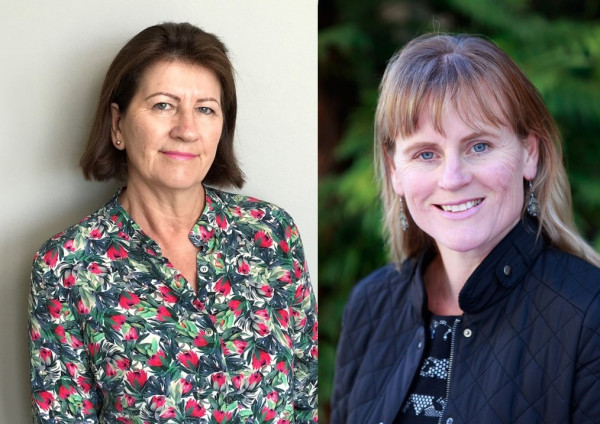Never, never ever feed them after midnight: does sleep loss in children lead to unhealthy eating?
Associate Professor Barbara Galland and Professor Rachael Taylor, from the University of Otago, will lead a team of researchers in a large scale study of sleep loss amongst children. Their aim is to uncover how this may lead to unhealthy eating
Published on 5 November 2019
Research strongly suggests sleep loss in children promotes unhealthy eating, but how this occurs is largely unknown. Although sleep loss probably isn’t the direct cause of weight gain, it may provide just the right conditions for poorly regulated eating, particularly when energy dense food is easily accessible (e.g. after dinner snacks in the pantry). The limited body of existing research, which examines energy intake in sleep-deprived children, suggests that one to five nights of sleep loss (even just a few hours) increases energy intake by 7-21%. This project will be the first large scale study of the effect of sleep loss on appetite regulation in children and using both objective and subjective measures of sleep and eating behaviours.

Associate Professor Barbara Galland (left) and professor Rachael Taylor (right), image supplied
Associate Professor Barbara Galland and Professor Rachael Taylor will lead a team of researchers from the University of Otago with diverse expertise including nutritional assessment, eating behaviour, obesity, child hauora health, sleep interventions, wearable cameras and biostatistics. The team, with the help of parents, will turn children’s bedrooms into ‘pseudo sleep laboratories’ by night, applying carefully considered sleep and wake times to manipulate children’s sleep for both sleep loss and gain. By day, they will capture the children’s eating habits under normal everyday living conditions. They will also bring children into the food lab to test for poorly regulated eating behaviour using carefully controlled feeding experiments. The anticipated outcome of this Te Pūtea Rangahau a Marsden project is a better understanding of how sleep loss may change eating and appetite in children, and how this might lead to a cascade of effects on food choices, energy intake and weight gain.
